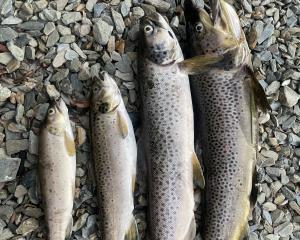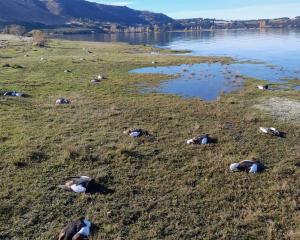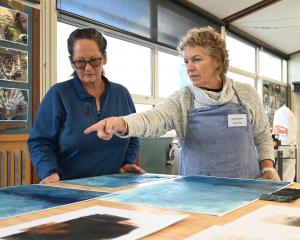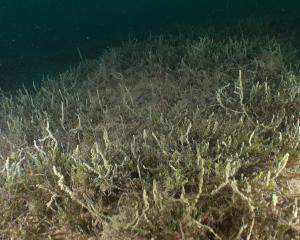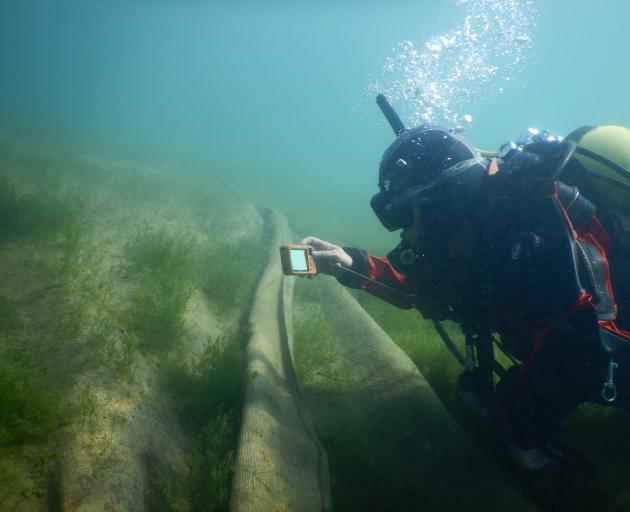
First recorded in Lake Wānaka in the 1970s, lagarosiphon is one of New Zealand’s worst submerged weeds.
Clearing Lake Wānaka of the invasive weed has been the ultimate goal of agencies of the Lake Wānaka Lagarosiphon Management Committee, led by Toitū Te Whenua Land Information New Zealand (LINZ).
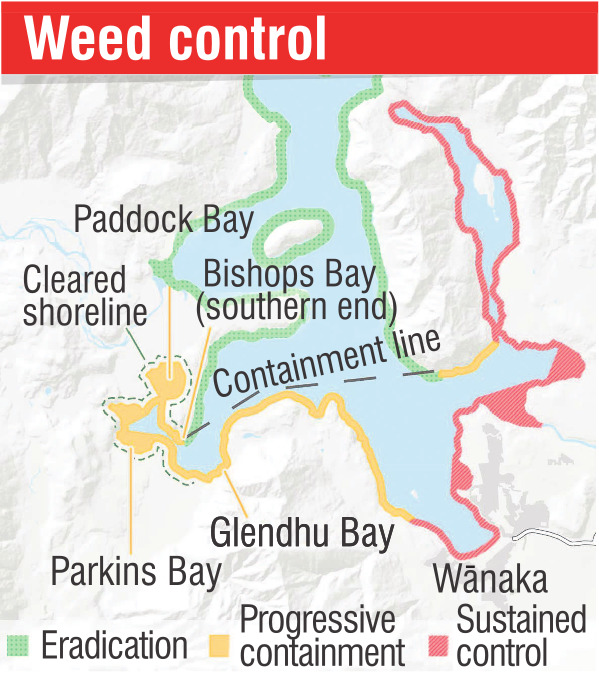
LINZ biosecurity manager Tracey Burton said moving the containment line further south was crucial to their goal of clearing the weed from the lake.
"The idea is to progressively push the line further down the lake towards Wānaka township and eventually eradicate lagarosiphon from the lake.
"Clearing Lake Wānaka is a priority for us, as it will help prevent the pest weed from spreading to other waterways in the region. If we can shut off the flow of weed entering through these pathways, we can move to clear downstream waterways too."
LINZ was asked how long the process of eradication could take, and the costs associated with managing the weed to date, but did not respond prior to publication.
NIWA freshwater ecologist Mary de Winton has been involved in the project for more than 10 years and has seen "amazing progress" in permanently eradicating the weeds, particularly in Glendhu and Paddock Bays.
"It’s really exciting seeing native plants returning to the cleared areas and providing great habitat for other lake life."
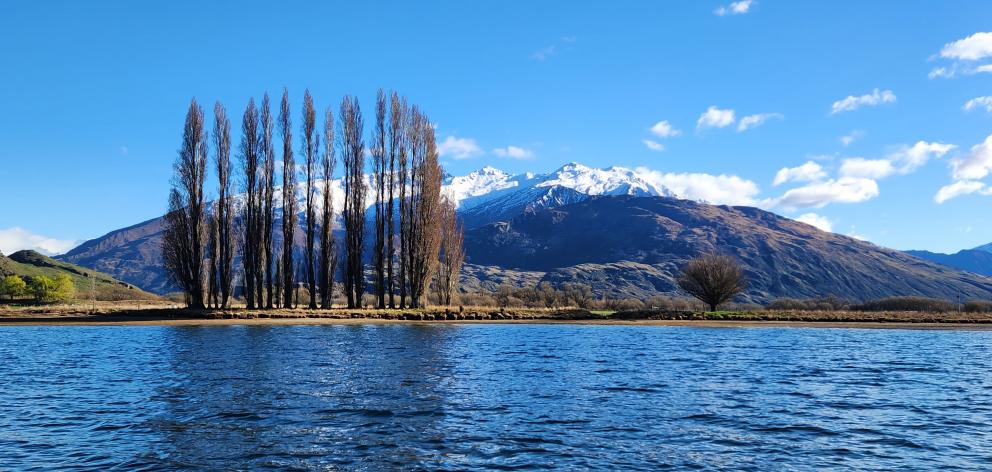
Ms de Winton said the innovative use of hessian matting, first trialled in New Zealand in 2016 at Lake Wānaka, had been a gamechanger for eradicating lagarosiphon.
"The matting is biodegradable, so it disappears after it’s done the job. Best of all, native plant regrowth is fast because native seedlings can grow through the weave of the hessian."
Paddock Bay had been a particularly difficult area in which to control the spread of lagarosiphon, but that a combination of aquatic herbicide and hessian matting had turned the tide.
"Now divers are removing the last scattered plants by hand."
Guardians of Lake Wānaka member Jeff Donaldson said the group was very supportive of the control programme led by LINZ, and innovations like hessian matting were having a tangible impact for lake users.
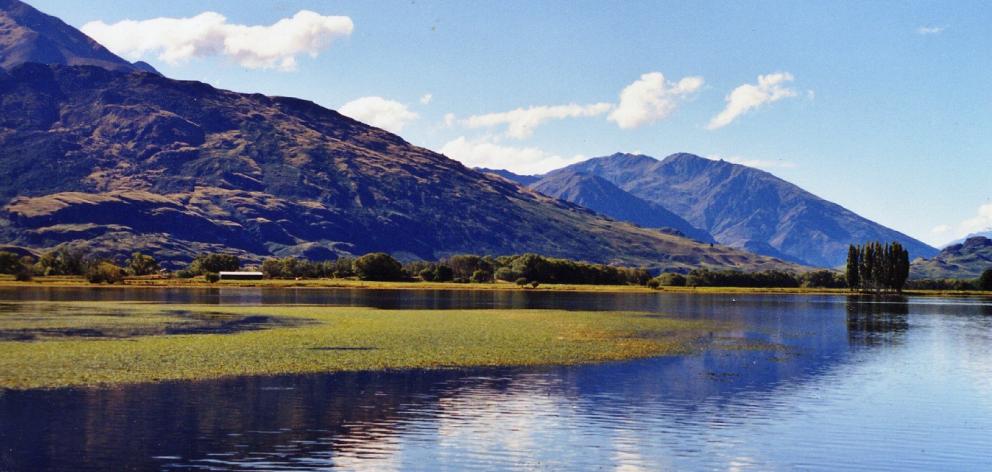
Lagarosiphon was introduced to New Zealand as an aquarium plant, but it has spread rapidly throughout the country’s waterways. A fragment as small as a fingernail can start an infestation.
Lagarosiphon can grow several metres tall, disrupting activities like swimming, fishing and boating and smothering native ecosystems.
Ms Burton said the Wānaka community and lake users could play their part by keeping their boats and gear clean of plant fragments to prevent the weed from spreading. Boaties should also take care to prevent damaging hessian.
"It is important lake users continue to ‘Check Clean Dry’ to ensure pest species, like lagarosiphon and didymo, don’t hitch a ride on their gear."


